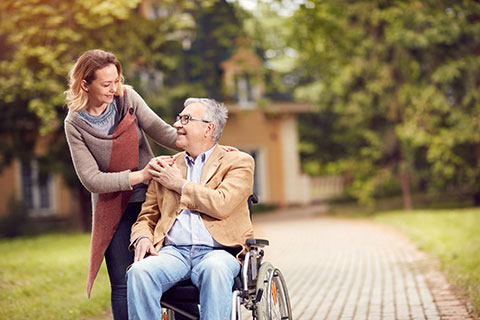
Being an unpaid caregiver for a loved one can be more than just stressful. It can be bad for your health.
A Blue Cross Blue Shield Association study on the health of caregivers found caregivers had 26% poorer health as measured by the BCBS Health Index. The report analyzed a data sample of caregivers based on BCBS claims data and identified at least 6.7 million members who have a spouse or child in need of caregiver support.
The study also found a generational divide in the impact of this phenomenon.
According to the report, Generation Xers were most likely (45%) to be unpaid caregivers for a spouse or a child compared to baby boomers (38%) and millennials (11%).
Compared to a benchmark population, those in the millennial age group who are caregivers experienced more pronounced health impacts as a result of caregiving. They were more likely to experience hypertension (82%), anxiety (60%), major depression (64%) and obesity (74%). They had a 59% higher rate of hospitalization and a 33% higher rate of emergency department visits, the study found.
COVID-19 impact
COVID-19 has only further increased the need for unpaid caregivers, according to the report.
A 2020 caregiver survey from BCBSA partner ARCHANGELS, a national movement and platform aimed at reframing how caregivers contribute, found 61% of Americans reporting they are now taking care of or looking out for a friend, neighbor or family member due to the pandemic. More than half of those caregivers would not have identified themselves as such before the pandemic, they said.
The survey also found Black individuals (57%) and Hispanics (64%) provide care in their home at a greater rate than white individuals (37%).
The survey found early in the pandemic, caregivers were turning to a variety of negative coping mechanism including alcohol (14%), medication (18%) and food (50%).
